And then, the award ceremony
In January, iGEM Leiden will be starting a new project. And you can join! But what is iGEM anway? And what is it like to participate? Matthijs Hamstra (22) en Tino Hoeksma (24), members of the iGEM 2022 team, explain.
"iGEM stands for international Genetically Engineered Machine. It's a global competition between high school or university teams. The idea is that you use synthetic biology to solve a local or global problem, but it's mainly about the road towards the solution," begins Tino. "It's not just about the success of the product, or the pure science, but also about the communication around that and the growth of the team," Matthijs adds.
What did you design?
"For our project, we created a protocol for the synthesis of optimal nanoparticles," Matthijs explains. "For us, the optimal nanoparticle was one that was suitable for a special type of cancer therapy, PTT, short for Photothermal Therapy. In this therapy, you inject nanoparticles into the body near the tumor. This will cause the nanoparticles to accumulate in the tumor. Then you shine a laser on them. The particles convert the light's energy into heat, killing the tumor cells." "Our proof of concept was clear. We showed that the particles heat up by 7 degrees when you shine a laser on them. Tumor cells die at a temperature increase of 5-6 degrees, so that should work."
"The nanoparticles themselves are made of a silver core with gold spikes", Tino elaborates. "The production works as follows. First, we extracted DNA from a metal-resistant microorganism. We then inserted this piece of DNA into an Escherichia coli (E. coli) bacteria. With this, the E. coli made three proteins. These proteins are isolated and used to make the particles."
How exactly does such an iGEM project proceed?
"In March you start by orienting yourself to different topics," Matthijs explains. "You do this in subgroups. Every week, you get together to give everyone an update on what you researched that week. Some ideas were rejected, but other ideas kept coming back. We developed those ideas all the way through and presented them in a symposium for our consultants. The following week we voted and came out with our project."
“Everyone has their own role and you are responsible for that part, but of course, everyone helps you. Then groups form. You have the science team, they go really deep into the literature, how to prepare lab work, and how to write protocols. That's what they dealt with." Tino: "Then you have the human practices team. They deal with the future and implementation of what you're doing. And lastly, you have the communications team. They did a lot of promotion and made the website, for example. I was the Lab & Safety Manager, so I was doing a lot of the lab work." Matthijs: "And I was the programming Manager, so I programmed the website."
"After all of the literature research, you go into the lab. But nanoparticles can be dangerous. Sometimes they are carcinogenic, for example. So you have to get the safety right first," says Lab & Safety Manager Tino. "To do this, you also have to pass by people from the university to get approval. After which you have to adjust your protocols because they come up with more advice." "The Leiden team has very little time in the lab compared to other teams. We use the biology students' lab and it is only available during the summer vacation. "Well," says Tino, "we definitely took into account setbacks in lab work. We had one or two backup protocols for everything that didn't work. Sometimes it didn't work optimally, but fortunately, that's the purpose of iGEM, that research circle. You try something, it works approximately, you improve it and move forward with it." "Everyone has been in the lab. I, as a programming manager, have also just been in the lab. And everybody also got to take a few weeks of vacation during the summer break."
"In September we made a plan to do the last things. I spent September and October creating the website. Each time, pieces were finished and in the last few weeks everything had to be put in." "That was a very stressful, but also a very fun period. We were always sitting together working on PLNT." "So yeah I was on PLNT full-time that whole week. That was very busy though. And then on October 12 the deadline is there. Then the website has to be finished because after that you can't do anything about it." "So when we turned it in we had a party."
The event all the teams had been working toward, the jamboree. What was that like?
"This year, the jamboree was in Paris," says Tino. Some 370 teams participated, of which more than 150 were in Paris, the rest were present online." "I heard there were 3,000 people live and 4,000 online. In the weeks before the jamboree, you start preparing for the final presentation. And there is a 'mini jamboree' of just the Benelux teams. You get judged on that too and are able to win some prizes."
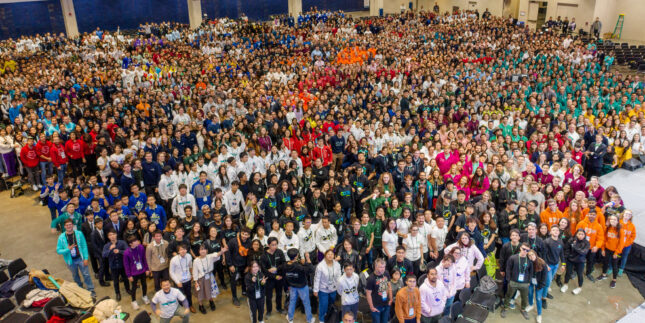

"Finally, at the real jamboree you also have your presentation for the judges," Matthijs says. "They will be asking the real questions. Of course, you have to be prepared for that. We even rehearsed outside our hostel that night." "In the weeks before, the judges have of course already looked at your wiki, so they can ask really difficult questions," says Matthijs. "Other than that, you also get to talk to a lot of other teams there and socialize or see Paris. So it was really fun besides the serious stuff."
"And then comes the award ceremony," Tino explains, "it's originally American, so there was really such dramatic music and stuff. That made it all even more exciting. You can enter for different prizes." "Ten teams are nominated for each award after which a winner is announced. We won the Best Safety & Security, Best Wiki and Best Supporting Entrepreneurship Awards." "I'm still hoarse from screaming when we won those things. And after that comes the top ten, where you just see a list of ten teams. And we were among them, so that was really cool."
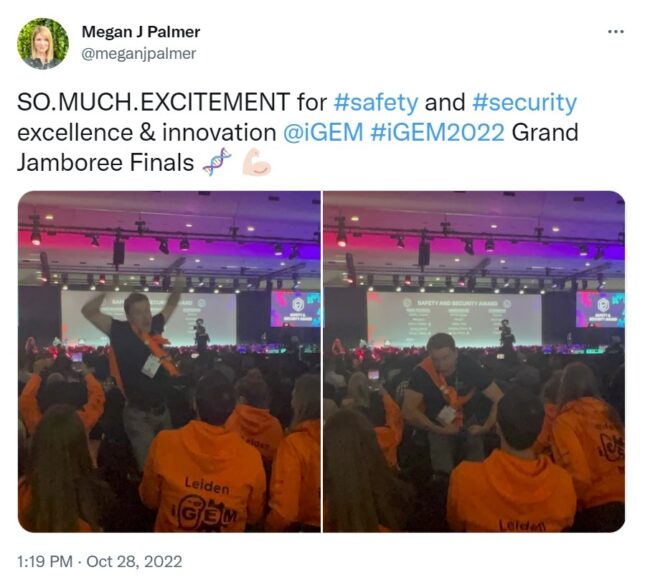
What did you learn from your time at iGEM?
"Networking," Tino says immediately. "If you walk in with a smile and you're just polite, people want to do so many things for you. They're always willing to help you."
"I learned that you just have to persevere," Matthijs says. "Sometimes it really just sucked, but eventually you get there. You just have to keep going. And I learned how to program, of course."
What should people want if they are interested in iGEM?
"You shouldn't be afraid of high workload and should be willing to put some time into it," Matthijs explains. "iGEM just takes a lot of time. It doesn't matter if you get very high grades or are very good at your job, but it just takes a lot of time." "I think you get used to the workload, but you have to have drive. If you think 'mwah seems like fun' maybe it's not for you. If you are motivated, it is enough I think." "It is not the intention that you stop halfway, so that motivation is important," he said. "And it does matter that you are somewhere in the bio-sciences, but you can learn a lot. A broad team is really crucial, so you really don't have to know a lot. In iGEM there is a lot of room to learn new things."
Are you interested or do you have questions? At the 14th of December there is an event with iGEM Leiden where you can pose all of your questions. Do you already know that you want to participate? The deadline is at the 4th of January.
For the application we would like to receive your resume and a motivation letter (max. 1-A4). In the motivation letter, please describe the following:
- Why do you want to do iGEM?
- Why should we choose you?
- How do you see your role in the team?
Please send these documents to:
- iGEM Leiden (iGEM@science.leidenuniv.nl),
- prof. Han de Winde (j.h.de.winde@science.leidenuniv.nl)
- prof. Dennis Claessen (d.claessen@biology.leidenuniv.nl)
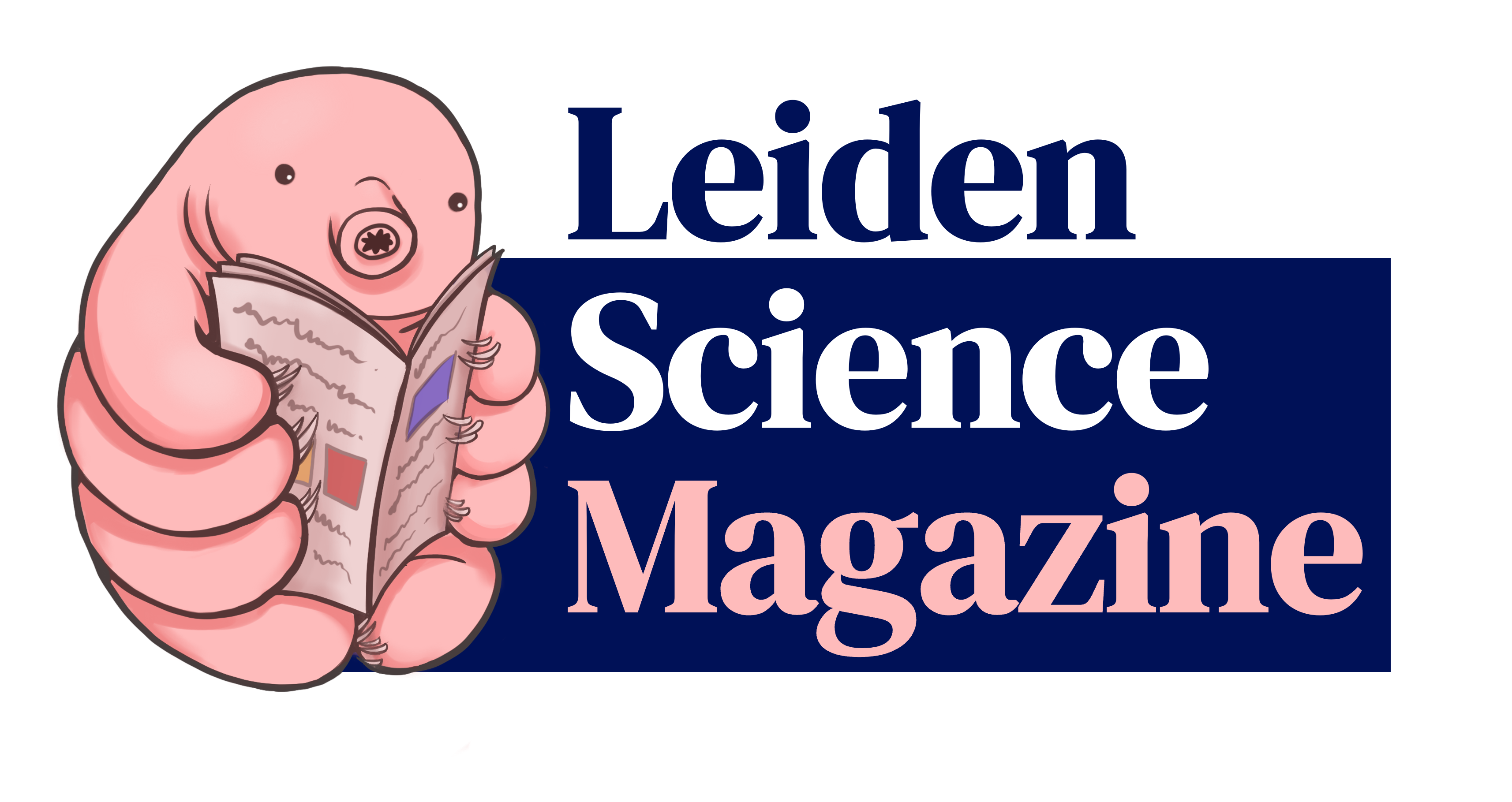

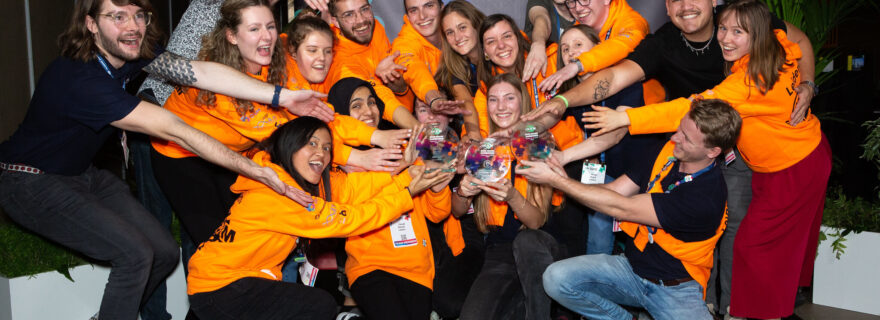
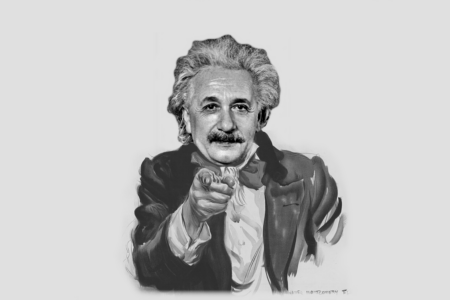
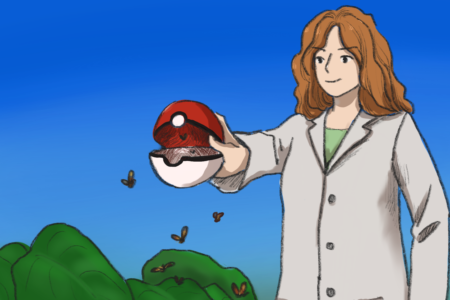
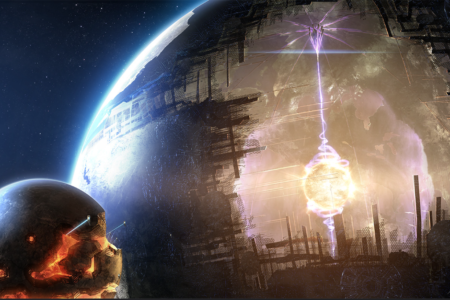
0 Comments
Add a comment